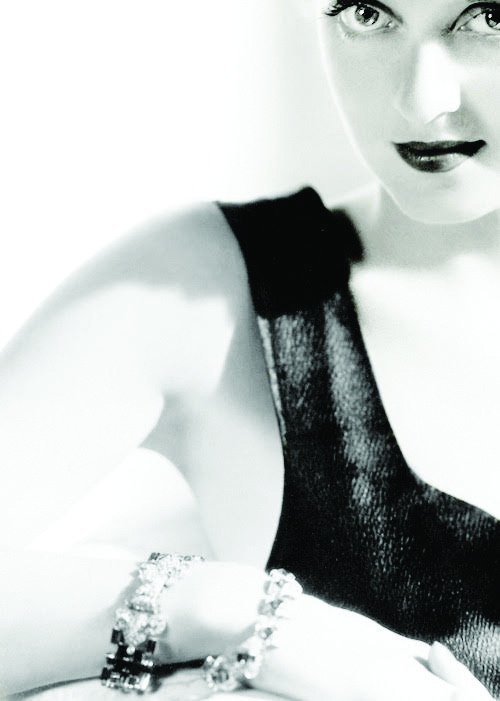Northwestern to host conference about life of Bette Davis
A glamour shot of Bette Davis. The inimitable Davis will be the focus of “All About Bette: The Cultural Legacies of Bette Davis.”
October 3, 2018
Even the beautiful acting force that was Bette Davis slowly succumbed to the march of time, receiving fewer parts as she aged. So, in 1962 Davis posted an employment ad in the Hollywood Reporter stating “Mother of three, divorcee, 30 years experience as an actress in motion pictures, wants steady employment in Hollywood, references upon request: Bette Davis.”
It’s one of Northwestern English Prof. Julia Stern’s favorite anecdotes about Davis and a prime example of why Davis is worthy of days of study and reflection. That’s why Stern and Loyola English Prof. Melissa Bradshaw are putting on an academic conference all about Davis. “All About Bette: The Cultural Legacies of Bette Davis,” will take place in Scott Hall Oct. 5-6 and examine the ways Davis was key to shaping the culture of Hollywood’s Golden Age.
The conference will present papers from scholars around the country examining everything from Davis’ relationships with her co-stars to the incredible longevity of her career. Friday’s keynote address will feature the world’s preeminent Bette Davis expert, Martin Shingler, and Saturday’s keynote will be a Q&A with Davis’ former personal assistant, Kathryn Sermak.
Stern and Bradshaw have been avid Davis fans since they were young. As a petite girl of modest means, Bradshaw said Davis was a great inspiration to her.
“She was a small woman… but she seemed big on screen because the characters she played were fearless and the way she played them was fearless,” Bradshaw said. “I just felt like if Bette Davis could do it, I could do it.”
Davis championed the rights of actresses of all ages and essentially ended the Golden Age studio system that would force actresses to churn out upwards of 10 movies a year. In 1937, Davis sued Warner Bros. Pictures for an unfair contract.
Davis was also a huge proponent of civil rights, Stern said. During World War II, Bradshaw said Davis supported a program called “Stage Door Canteen” where servicemen could be entertained by the stars. Davis ensured this program was fully integrated, and that soldiers of all races and backgrounds could spend time with Hollywood starlets.
Well-known to be a hardcore, lifelong Democrat, Stern noted Davis would most likely be appalled by the Brett Kavanaugh hearings.
“(If Davis was alive, she’d say) you’re putting that on the Supreme Court? Are you f–king kidding me?” Stern said.
Given Davis’ leftist politics, Bradshaw was upset that Susan Sarandon — who refused to support Hillary Clinton over Donald Trump — was chosen to portray Davis in “Feud,” the television show which followed the bitter fighting between Davis and Joan Crawford during the filming of “What Ever Happened to Baby Jane?” Stern said that, political views aside, she didn’t think Sarandon captured the je ne sais quois of Davis.
There is a certain quality about Davis that makes her incomparable to any modern actress, both professors agreed. While Meryl Streep seems like an obvious comparison based on acting chops alone, both said Streep lacked Davis’ raw grit.
It was this grit that led her to jump fearlessly into roles featuring complicated, unlikable women that Stern said “totally stunned people,” and continues to draw people to her work today.
Despite her headstrong attitude, Bradshaw said, at her core, Davis was still a “New England lady to the bone” with a heightened sense of propriety. A remarkable product of her time, Davis perhaps best explained her own nature in her 1987 memoir “This ’n That.”
“Why am I so good at playing the bitches?” Davis said. “I think it’s because I’m not a bitch. Maybe that’s why Miss (Joan) Crawford always plays ladies.”
Email: janerecker2019@u.northwestern.edu
Twitter: @janerecker



